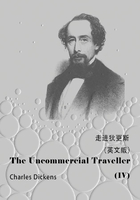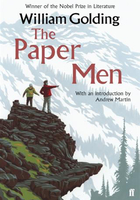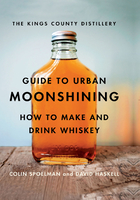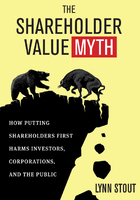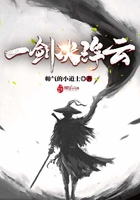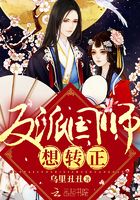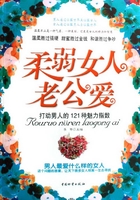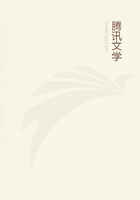PREFACE
THIS story was written by Wu Ch'êng-ên, of Huai-an in Kiangsu. His exact dates are not known, but he seems to have lived between 1505 and 1580 A.D. He had some reputation as a poet, and a few of his rather commonplace verses survive in an anthology of Ming poetry and in a local gazetteer.
Tripitaka, whose pilgrimage to India is the subject of the story, is a real person, better known to history as Hsüan Tsang. He lived in the 7th century A.D., and there are full contemporary accounts of his journey. Already by the 10th century, and probably earlier, Tripitaka's pilgrimage had become the subject of a whole cycle of fantastic legends. From the 13th century onwards these legends have been constantly represented on the Chinese stage. Wu Ch'êng-ên had therefore a great deal to build on when he wrote his long fairy tale. The original book is indeed of immense length, and is usually read in abridged forms. The method adopted in these abridgments is to leave the original number of separate episodes, but drastically reduce them in length, particularly by cutting out dialogue. I have for the most part adopted the opposite principle, omitting many episodes, but translating those that are retained almost in full, leaving out, however, most of the incidental passages in verse, which go very badly into English.
Monkey is unique in its combination of beauty with absurdity, of profundity with nonsense. Folk-lore, allegory, religion, history, anti-bureaucratic satire and pure poetry-such are the singularly diverse elements out of which the book is compounded. The bureaucrats of the story are saints in Heaven, and it might be supposed that the satire was directed against religion rather than against bureaucracy. But the idea that the hierarchy in Heaven is a replica of government on earth is an accepted one in China. Here as so often the Chinese let the cat out of the bag, where other countries leave us guessing. It has often enough been put forward as a theory that a people's gods are the replica of its earthly rulers. In most cases the derivation is obscure. But in Chinese popular belief there is no ambiguity. Heaven is simply the whole bureaucratic system transferred bodily to the empyrean.
As regards the allegory, it is clear that Tripitaka stands for the ordinary man, blundering anxiously through the difficulties of life, while Monkey stands for the restless instability of genius. Pigsy, again, obviously symbolizes the physical appetites, brute strength, and a kind of cumbrous patience. Sandy is more mysterious. The commentators say that he represents ch'êng, which is usually translated 'sincerity,' but means something more like 'whole-heartedness.' He was not an afterthought, for he appears in some of the earliest versions of the legend, but it must be admitted that, though in some inexplicable way essential to the story, he remains throughout singularly ill-defined and colourless.
Extracts from the book were given in Giles's History of Chinese Literature and in Timothy Richard's A Mission to Heaven, at a time when only the abridgments were known. An accessible, though very inaccurate account of it is given by Helen Hayes, in A Buddhist Pilgrim's Progress (Wisdom of the East Series). There is a very loose paraphrase in Japanese by various hands, with a preface dated 1806 by the famous novelist Bakin. It has illustrations, some of them by Hokusai, and one of the translators was Hokusai's pupil Gakutei, who admits that when he undertook the work he had no knowledge of Chinese colloquial. I lost my copy of this Japanese version years ago and am grateful to Mr. Saiji Hasegawa, formerly head of the London branch of the Domei Press Agency, who generously presented me with his copy. The text I have used for translation was published by the Oriental Press, Shanghai, in 1921. It has a long and scholarly introduction by Dr. Hu Shih, now Chinese ambassador in Washington.

